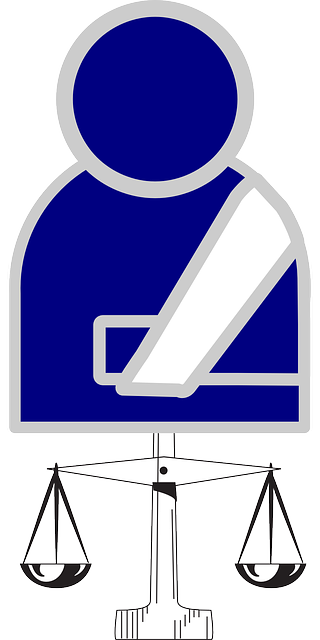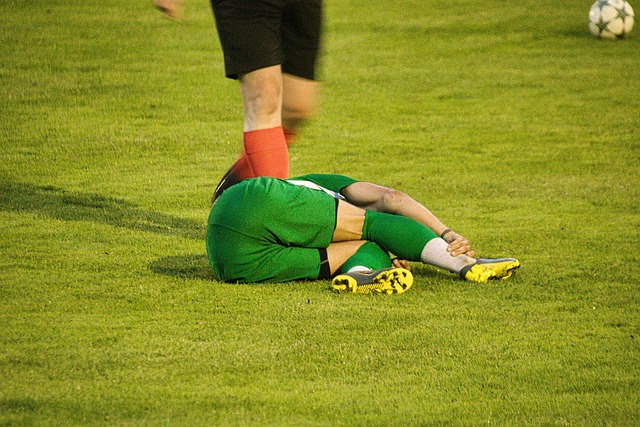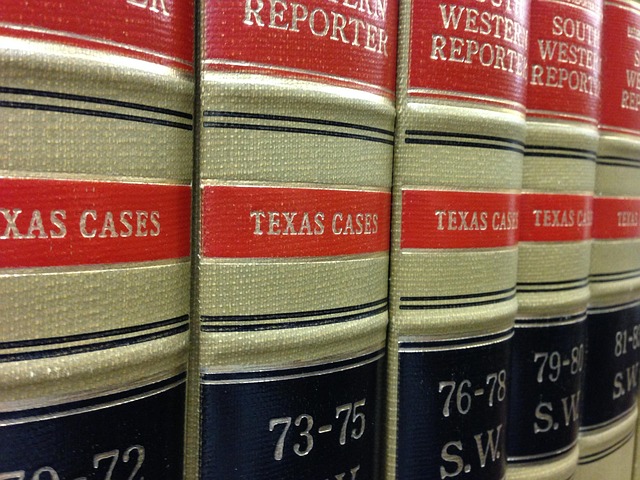Personal injury evidence is critical in legal cases involving harm caused by negligence or intentional actions, encompassing medical records, witness statements, police reports, and photographs. Gathering and managing this evidence effectively, with guidance from a qualified lawyer, is essential for establishing liability, assessing damages, and securing fair compensation. The initial step involves collecting all relevant documentation, preserving evidence, and consulting legal professionals to navigate jurisdiction-specific procedures, ensuring a strong case in personal injury claims.
Unsure how to secure crucial personal injury evidence? This comprehensive guide unravels the legal processes behind obtaining copies of essential documentation. From understanding the significance of personal injury evidence in building your case to navigating the steps for effective collection and preservation, this article equips you with vital knowledge. Learn how to navigate the system, protect critical information, and strengthen your claim through proper evidence management.
- Understanding Personal Injury Evidence and Its Importance
- Legal Processes for Obtaining Evidence Copies
- Tips for Effective Evidence Collection and Preservation
Understanding Personal Injury Evidence and Its Importance

Personal injury evidence is crucial in legal proceedings where an individual has suffered harm due to someone else’s negligence or intentional acts. It encompasses a wide range of documentation, including medical records, witness statements, police reports, and photographs. These pieces collectively tell the story of an incident, its impact on the victim, and the responsibilities of those involved. For instance, in the case of an auto accident attorney representing a client who was injured in a car crash, personal injury evidence might include emergency room records detailing injuries, expert witness affidavits explaining the cause of the accident, and photographic evidence showing vehicle damage.
Understanding the importance of personal injury evidence is paramount for both victims and their legal representatives. In partnership disputes or even when engaging a truck accident lawyer, these documents serve as the backbone of a case, helping to establish liability, assess damages, and ultimately secure fair compensation. Effective collection and presentation of personal injury evidence can significantly influence the outcome of a legal battle, ensuring that those harmed receive the justice and redress they deserve.
Legal Processes for Obtaining Evidence Copies

Obtaining personal injury evidence copies involves a series of legal processes designed to safeguard the integrity and admissibility of the information. The first step for individuals involved in a personal injury case is to consult with a qualified personal injury lawyer, who can guide them through the specific procedures required by their jurisdiction. This typically includes filing formal requests for documents, known as subpoenas or discovery motions, with the court. These legal tools compel relevant parties to produce evidence that is crucial for building a strong case, such as medical records, police reports, and witness statements.
In cases involving contract disputes or complex issues like truck accidents, where liability might be contested, having thorough and accurate personal injury evidence copies is paramount. The process often requires persistence and attention to detail, as parties may attempt to withhold information or introduce discrepancies. A seasoned personal injury lawyer understands these challenges and employs strategic tactics to ensure that all relevant evidence is collected, properly documented, and used effectively in the legal proceedings.
Tips for Effective Evidence Collection and Preservation

Effective evidence collection is key to building a strong case for personal injury claims. The first step is to gather all relevant documentation related to the incident, including medical records, police reports, and any photographs or videos taken at the scene. Organize this information meticulously, as it will be crucial during legal proceedings. A truck accident attorney or personal injury lawyer can guide you on which documents are essential and how to obtain them from various sources.
Additionally, preserving evidence is paramount to ensure its integrity and admissibility in court. Do not alter or destroy any potential evidence, including physical items like vehicles involved in the incident or damaged property. In employment disputes or personal injury cases, timely collection and preservation can make a significant difference. A qualified personal injury lawyer can advise on legal procedures for securing evidence copies, ensuring your rights are protected throughout the process.
Personal injury evidence is crucial in navigating legal proceedings and securing just compensation. By understanding the importance of this evidence and following legal processes to obtain copies, you empower yourself to effectively collect and preserve essential information. Remember that timely action and meticulous documentation are key to a successful personal injury claim, ensuring a stronger case and potentially leading to a more favorable outcome.






